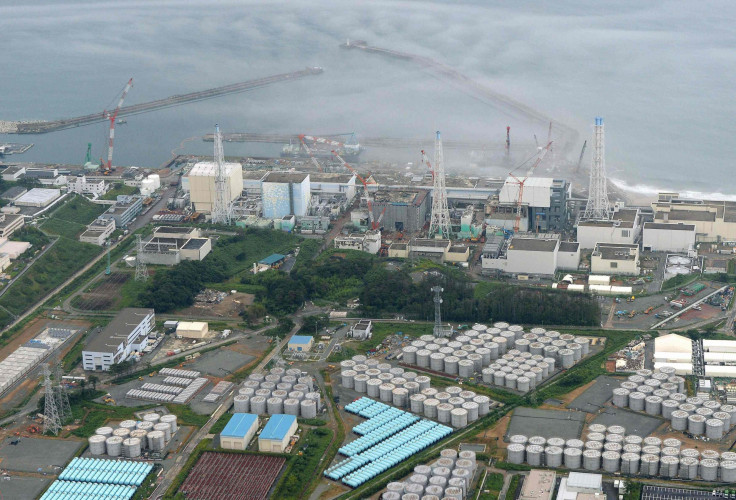Fukushima Suffering From Poor Labor Practices And Radioactive Leaks

Storage tanks at Japan's Fukushima nuclear plant were built by laborers illegally hired, and the containers have been leaking nuclear waste, according to a Reuters investigation published Friday.
In March 2011 an earthquake and tsunami destroyed the power plant in one of the worst disasters since Chernobyl. Since then utility crews have been struggling to contain leaks of highly radioactive water flowing from under the plant into the Pacific Ocean. It has been estimated that some 300 tons of toxic water enter the oceanfrom the plant each day.
An unregistered broker hired workers from one of Japan’s poorest areas, Okinawa, under the direction of a company called Tec that reported to construction firm Taisei Corp., Reuters said. The process of hiring workers through third parties is illegal in Japan in order to prevent their wages from being skimmed and to maintain clarity about which company has oversight for the workers' safety.
Labor regulators have already sanctioned the unlicensed broker for unlawfully sending the laborers to work at Fukushima after the ruse was discovered, which happened after an employee complained. It was also discovered that the employees were asked to lie about how they were hired and who they worked for when asked by the Fukushima operator, Tokyo Electric Power Company (TYO:9501), Reuters said.
Lawyers who previously represented workers at Fukushima have said that they have seen many young people leave work at the plant because their salaries were skimmed or after facing dangers that supervisors never warned them of, the Reuters investigation found.
The issue arose after large amounts of radioactive water collected at the plant, with some seeping into the nearby Pacific Ocean. As a temporary measure Tepco ordered large steel tanks to hold the leaking water. Some of the areas where leaks were found had such high levels of radiation that any person who was directly exposed for more than hour would succumb to radiation sickness.
Workers were hastily hired to help assemble the tanks. However, it was discovered in August that one of the tanks had leaked around 300 tons of radioactive sewage, prompting the government to order sturdier welded tanks.
A number of workers have since admitted to Japanese media that they did do a poor job of assembling the tanks, but it was because they were under duress and being paid poorly. More worryingly they said that they were essentially being sub-contracted, unbeknownst to them at the time, by gangsters, said a Reuters investigation from October.
After concerns were raised in the Japanese media, Tepco has promised to improve working conditions and double wages for thousands of its workers.
Decommissioning Fukushima is expected to take 30 years.
© Copyright IBTimes 2024. All rights reserved.












